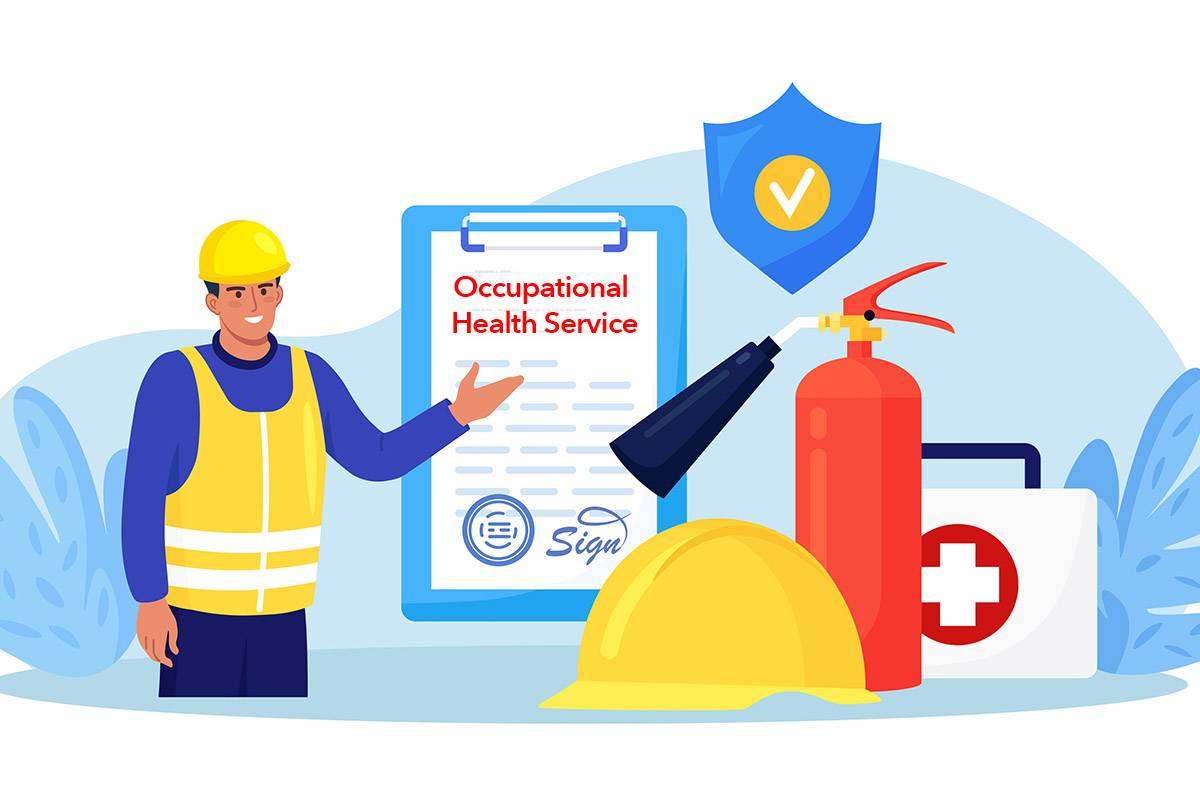The Occupational Health Service (OHS) plays a central role in ensuring a good working environment and safeguarding employees’ health, safety and well-being
In this article, we delve into OHS’s duties in HSE work, based on information from the Working Environment Portal.
The occupational health services must primarily contribute to the preventive work environment work of the enterprises.
1. Assist in mapping and risk assessment:
- OHS must assist the employer in mapping and assessing risk factors in the working environment, both physical, psychological and organizational.
- This involves participating in survey rounds, analyzing work processes, and assessing possible negative health effects.
- OHS will also help to identify risk groups and prepare measures to reduce the risk of accidents and health damage.
2. Advice and guidance:
- OHS must provide advice and guidance to employers and employees on HSE issues.
- This includes topics such as ergonomics, workload, indoor climate, chemicals, noise and lighting.
- OHS must also assist in the preparation of HSE plans, procedures and instructions.

3. Facilitation and follow-up:
- OHS can give advice on arranging work for employees with special needs.
- This may include arranging the workplace, adapting work tasks and following up on employees during sick leave periods.
- OHS can also participate in the follow-up of employees who have been exposed to accidents or have contracted occupational diseases.
4. Health examinations:
- OHS can offer health examinations of employees, in line with current regulations and the company’s risk situation.
- Health examinations can help to identify the risk of work-related ailments or illness.
- OHS must also provide advice and guidance to employees on the prevention of health damage.
5. Cooperation and communication:
- OHS must cooperate with employers, employees and safety representatives on HSE issues.
- This involves participation in HSE meetings, safety rounds and other relevant activities.
- OHS must also contribute to ensuring good communication about HSE issues in the business.
6. Research and development:
OHS must keep up-to-date on new knowledge and technology in the HSE area.
7. Independence:
- OHS must have a free and independent position in matters of the working environment.
- This means that OHS must be able to give advice and guidance without being influenced by the employer’s interests.
The duties of the occupational health service are extensive and play an important role in ensuring a good working environment and safeguarding the health, safety and well-being of employees. By collaborating with OHS, employers and employees can create a healthy and safe workplace.
In addition to the information from the Working Environment Portal, you can also find more information about the duties of the occupational health service in:
- The Working Environment Act
- Regulations on organisation, management and participation in the working environment
- The internal control regulation
If you have questions about the occupational health service’s duties, you can contact the Norwegian Occupational Safety and Health Administration or your occupational health service.



